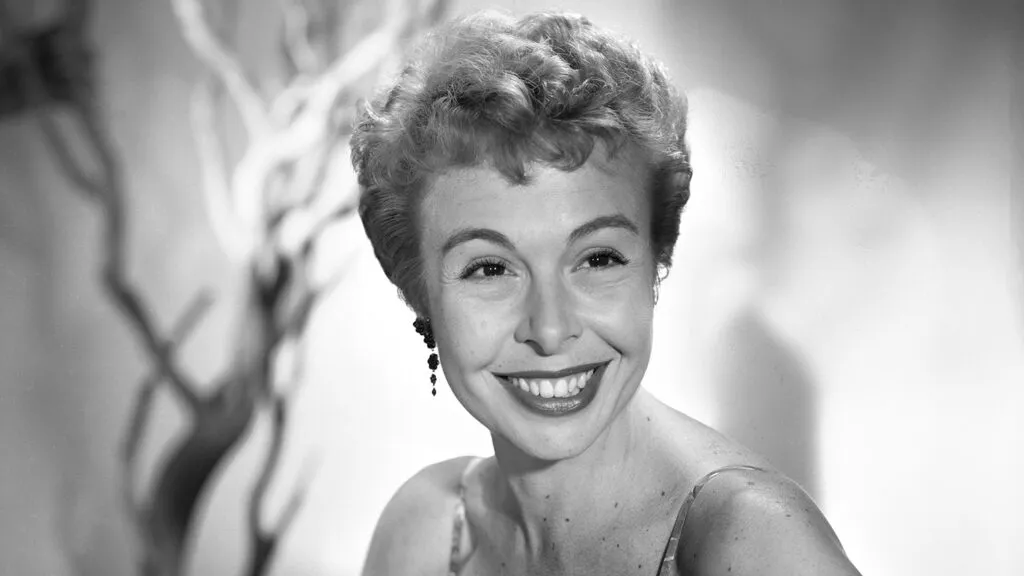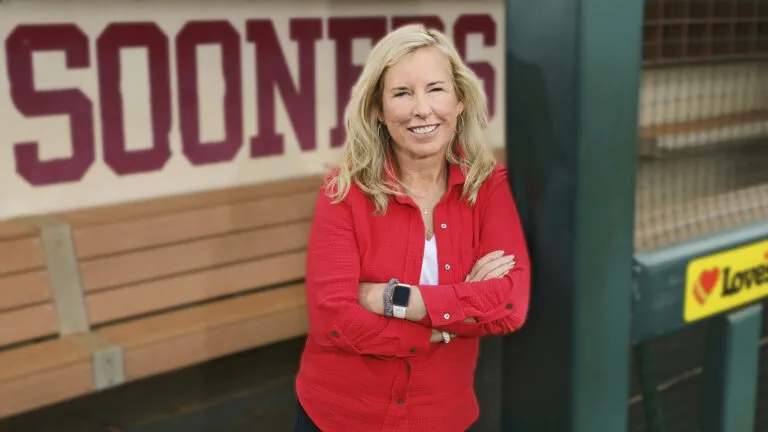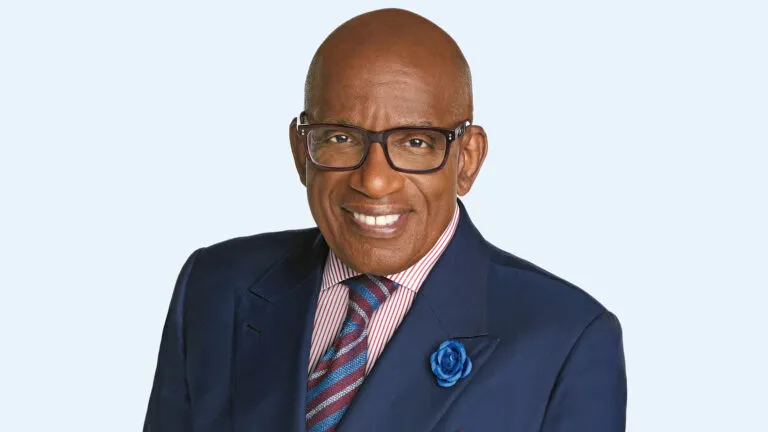This is the story of an opening night—a story of show business because the world of singing and dancing and acting is my world. But it is also a personal story, something that could happen, not just to an actress, but to anyone who is struggling in a frantic manner for a meaningful way of living.
That special opening night goes back to the days when my husband, Gower, and I were a team of dancers. We had known considerable success in supper clubs, on TV, and then in films. For over two years, Metro-Goldwyn-Mayer had been home base, and we made one musical after another—Show Boat, Lovely to Look At, Everything I Have is Yours.
Then we hit a snag. We did a film that simply didn’t go well. From the day shooting started, it was marked by intrigue and built-in personality problems, and I was angry and openly resentful of those whom I felt responsible.
ENJOYING THIS STORY? SUBSCRIBE TO GUIDEPOSTS MAGAZINE!
Worse, it was the period when TV had begun to move in more and more, and the entire movie industry was in confusion. Studios started to close down, and a lot of successful careers began to look shaky. Ours included.
Then suddenly, at this dark time, we had an offer to appear at the celebrated Coconut Grove in Los Angeles. To return to the supper clubs was not as simple a decision as it sounds. A club act involves a large financial investment: new costumes, new music, orchestrations, a payroll for the indispensable conductor, a first violinist and our own drummer.
But more important, Gower and I were facing a crucial turning point. In a way, we were on trial. After the last film’s failure, our return to the clubs would be counted as a comedown and a retreat unless we could surpass anything we had done before.
For me, personally creating this new act was a nightmare. There were so many different demands, and I was thrown by the countless details.
I didn’t mind the rehearsal hall, working with Gower eight hours a day, but I started worrying and fussing about other things: who will handle costumes, can I wear tights throughout the evening, what style of hair, when sopping wet will it look as well, do I really know those lyrics?
READ MORE: JOAN FONTAINE ON FINDING A HOME
Gower had his own problems of creating the dances, coordinating the orchestrations, working with the conductor, “plotting” the light cues, and he had little time to deal with my woes. I expect I felt a little resentful of this. The fact is, I felt resentful of all kinds of people who seemed to stand in the way of solving my problems.
Opening night came. I was exhausted, but I seemed compelled to go to the Grove early. I glanced at the room we were to dance in. It was huge and, I learned, sold out. An amazing audience—many from MGM, friends, press.
Alone, I started to warm up at the practice bar. I lifted my left leg. It was heavy. I seemed to have no vitality at all. Uneasily, I sat down at my dressing table and closed my eyes.
It always has been a habit of mine to pray just before going on stage. Generally I say a formal prayer, one that I don’t make up myself because too often my thoughts intrude. Now I found myself sitting there quietly saying the greatest prayer of all, the Lord’s Prayer.
When I came to the lines “Forgive us our debts as we forgive our debtors,” I began to repeat them. I had no conscious purpose in this; I just did it, over and over again, until I became aware of an urgent necessity to forgive.
I sat there thinking of people I wanted to forgive; not just the people who seemed obstacles in my way, like the man who couldn’t dye my shoes the shade I needed—not even my darling Gower for not giving me more of his time and concern—but the difficult people, the almost impossible people, whom I bore deep ill will. Specifically, those who I felt had been responsible for the failure of our last picture.
It was not easy, but with the willingness to forgive, the actuality of forgiveness began to occur, and I discovered I loved them. It was an experience I never had before. It was a purging, an uplifting.
Later, when Gower took me in his arms on the dance floor, I could sense his surprise. I was light. I was buoyant. When he went to lift me I shot up in the air like a fishing bob in water. Twice, I actually thought he would yell at me to “Hold on!” lest I go right on up to the ceiling. My whole being soared. It was an amazing and wonderful night in every way.
When I said that this was to be the story of an opening night, I didn’t mean only the opening at the Coconut Grove. That night marked the start of a series of spiritual adventures that led, eventually, to accepting Jesus Christ as my Lord and Saviour.
READ MORE: ANN BLYTH ON PERSONAL FAITH
Now I realize that in order to become a Christian, sooner or later I would have had to learn about forgiveness, for forgiveness is a cornerstone of Christianity. Very explicity Jesus said: For if ye forgive men their trespasses, your heavenly Father will also forgive you. (Matthew 6:14)
It would not have been possible for me to have followed Christ without having made an effort to rid myself of malice. With anger in your heart, there is no room for Him.
Some people have suggested to me recently that being a Christian and being in show business are inconsistent. I can’t agree. I don’t dance professionally now, but I enjoy acting and I believe one’s faith can be a force for good in any career, whether it be dancing in supper clubs or typing in an office.
Since that night at the Coconut Grove, I have tried, consciously, to love those people who bother me. I don’t always succeed. Sometimes I blow my top. Yet I have better control as long as I can picture how I myself might be an obstacle in someone’s way.
This kind of understanding which leads to forgiveness has helped me in petty problems and in weighty ones. It has helped me at home, as a wife and mother, as much as it has in the theater. Of course, it takes work because the hardest time to love is when things are going wrong. And the hardest time to remember to love is when they are going right.
For more inspiring stories, subscribe to Guideposts magazine.





